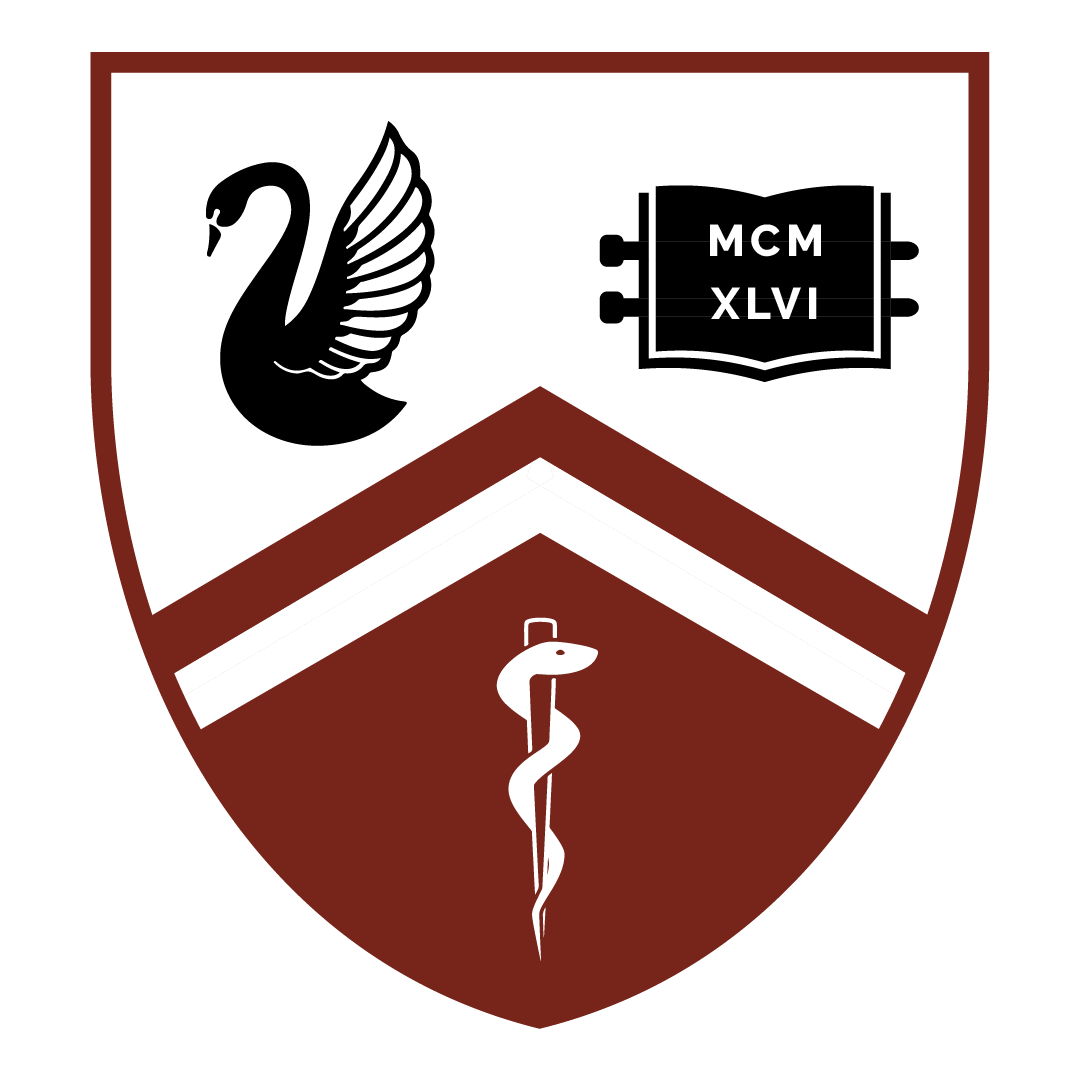Finding the Leader Within
by 2014 WAMSS President Sebastian Leathersich
Since I last wrote, I have had the pleasure of travelling to Melbourne to meet with medical student leaders from around the country for the first of three AMSA (Australian Medical Students’ Association) Councils for this year. For those unfamiliar with it, the best way to think of AMSA is as being analogous to the Federal AMA, whilst the individual medical student societies (such as WAMSS) act on behalf of their own students, much like the AMA (WA).
It is always an incredible privilege to be able to meet with a group of such talented, ambitious and engaged students from across the country. The opportunity to hear of the successes and challenges experienced by other universities, bounce ideas off one another, be inspired and share our own knowledge, and of course fit in plenty of networking is incredibly valuable – both personally and to WAMSS.
We have returned from Council with ideas for improving our organisation, but also with confidence that we are doing very well on a national level, both in enriching our students’ experiences of medical school and in representing and supporting them.
Personally, one of the most striking things I noted over the weekend was the sheer level of professionalism and skill with which some of these students lead their peers. For many, their abilities far surpass their years, and it is truly inspirational to have the privilege of working alongside them.
Whilst not all of our students will aspire to formal positions of leadership, the skills required for strong leadership are qualities that every one of us can benefit from – improved time management, clear goal-setting, team leadership, and communication skills are all transferable to many aspects of our lives.
In the first week of May, WAMSS and MSAND will be hosting our annual Leadership Development Workshop. This day of inspiring speakers, practical workshops, and invaluable networking brings together 100 of the most promising and exceptional medical students from WA’s two medical schools, and aims to develop their leadership abilities.
Earlier this month we were very lucky to have welcomed Scott Ludlam (Australian Greens Senator), Cathy O’Leary (Medical Editor for The West Australian), and the AMA (WA)’s very own Dr Richard Choong, along with several other fantastic speakers. The full-day workshop helped to drive discussion and debate, inspire our students, and equip them with tangible skills to realise new projects and initiatives, whilst revitalising existing ones.
Later in the month, a small group of WA medical students will be travelling to Canberra for the AMSA National Leadership Development Seminar, where they will have a chance to develop their leadership credentials in the nation’s capital, rubbing shoulders with politicians and federal decision-makers.
All of these opportunities for our students to develop leadership qualities go a long way toward preparing our members to contribute back to WAMSS and to their wider communities during their years as a student. However, they are also invaluable in preparing medical students for the transition into clinical practice.
Though interns enter the hospital as trainees, by virtue of their title as doctor they are often immediately thrust into a leadership role. Whether acting as the voice of reassurance and confidence to a patient, being asked to place cannulae in difficult patients, or having to make quick decisions on the run, their role is relatively senior from the outset.
As the intern progresses to RMO, then through vocational training and into their chosen field of specialisation, their responsibilities continue to grow, as does the level of leadership expected from them.
In addition to the clinical leadership expected of doctors, a number of those currently in medical school will go on to assume more formal positions of leadership after their graduation. This may be in their hospital’s RMO society, with the AMA (WA) or Federal AMA, or even in managerial or health administration roles.
Though a small minority seem to be born to lead, for most of us the skills required need to be taught and developed. Through fostering leadership qualities in our members early in their careers, WAMSS helps to prepare students for their future role as leaders within the health system. Whether or not they go on to apply these to formal leadership positions, I strongly believe that they will make us all better clinical leaders, better colleagues, and better doctors.
